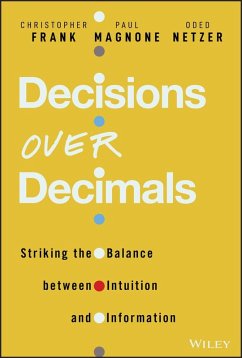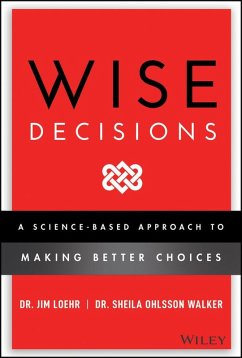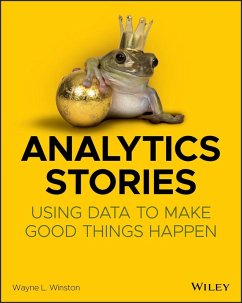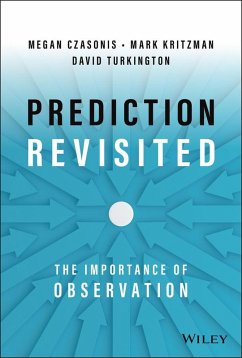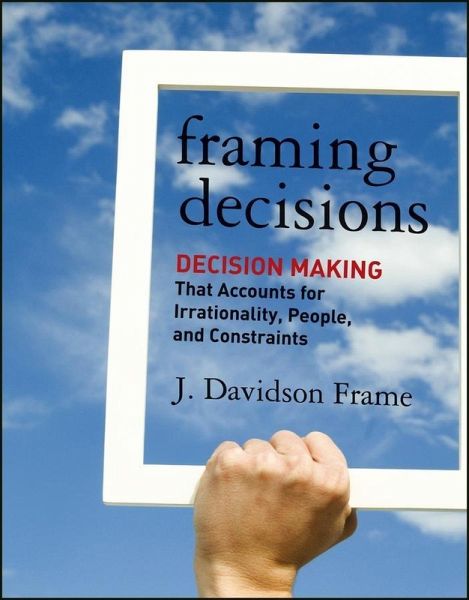
Framing Decisions (eBook, PDF)
Decision-Making that Accounts for Irrationality, People and Constraints
Versandkostenfrei!
Sofort per Download lieferbar
36,99 €
inkl. MwSt.
Weitere Ausgaben:

PAYBACK Punkte
0 °P sammeln!
The economic crisis of 2008-2009 was a transformational event: it demonstrated that smart people aren't as smart as they and the public think. The crisis arose because a lot of highly educated people in high-impact positions-- political power brokers, business leaders, and large segments of the general public--made a lot of bad decisions despite unprecedented access to data, highly sophisticated decision support systems, methodological advances in the decision sciences, and guidance from highly experienced experts. How could we get things so wrong? The answer, says J. Davidson Frame in Framing...
The economic crisis of 2008-2009 was a transformational event: it demonstrated that smart people aren't as smart as they and the public think. The crisis arose because a lot of highly educated people in high-impact positions-- political power brokers, business leaders, and large segments of the general public--made a lot of bad decisions despite unprecedented access to data, highly sophisticated decision support systems, methodological advances in the decision sciences, and guidance from highly experienced experts. How could we get things so wrong? The answer, says J. Davidson Frame in Framing Decisions: Decision Making That Accounts for Irrationality, People, and Constraints, is that traditional processes do not account for the three critical immeasurable elements highlighted in the book's subtitle-- irrationality, people, and constraints. Frame argues that decision-makers need to move beyond their single-minded focus on rational and optimal solutions as preached by the traditional paradigm. They must accommodate a decision's social space and address the realities of dissimulation, incompetence, legacy, greed, peer pressure, and conflict. In the final analysis, when making decisions of consequence, they should focus on people - both as individuals and in groups. Framing Decisions offers a new approach to decision making that gets decision-makers to put people and social context at the heart of the decision process. It offers guidance on how to make decisions in a real world filled with real people seeking real solutions to their problems.
Dieser Download kann aus rechtlichen Gründen nur mit Rechnungsadresse in A, B, BG, CY, CZ, D, DK, EW, E, FIN, F, GR, HR, H, IRL, I, LT, L, LR, M, NL, PL, P, R, S, SLO, SK ausgeliefert werden.




